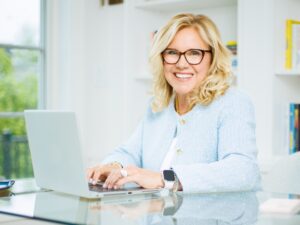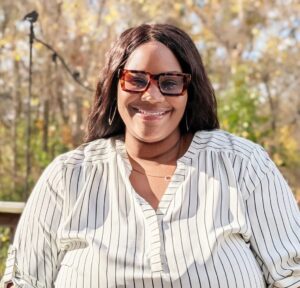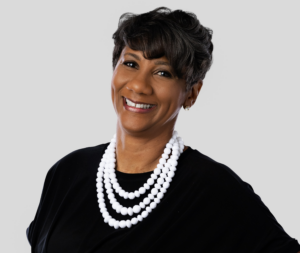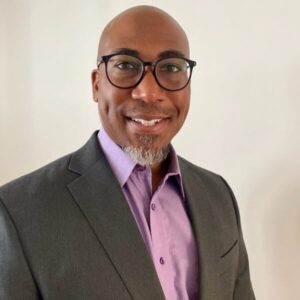6 questions with: Barbara Wichmann of ARTÉMIA Communications
Barbara Wichmann shares her favorite tool that enhances collaboration and reduces her carbon footprint.
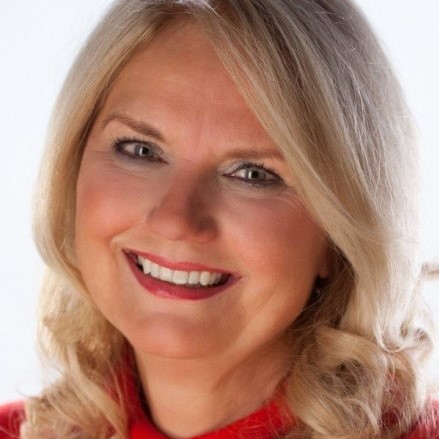
Founder and CEO of ARTÉMIA Communications Barbara Wichmann worked internationally as a consultant before founding ARTÉMIA as a women’s business enterprise (WBE) in 1995. In both capacities, she developed and executed strategic communications and marketing as well as VIP partnership development campaigns for clients on multiple continents.
In addition, Wichmann serves on the board of several organizations and lectures regularly on sustainability and related issues. When she’s not running her company, she dedicates time to Women Impacting Public Policy Education Institute as well as Women Business Enterprise National Council (WBENC) and WBEC-Pacific.
Drawing inspiration from her formative years in the Netherlands, Wichmann, embraces an international approach that is deeply ingrained in her values. Living in a country known for its commitment to ecological practices, innovation-driven mindset, and multicultural society, the founder’s core principles of sustainability and diversity were shaped. Her global perspective fuels her vision for ARTÉMIA and drives the company’s unwavering dedication to creating a sustainable and inclusive future.
We caught up with Wichmann to get her take on the future of the communications industry.
What book, podcast or other media do you recommend to other comms pros?
I may be a little biased because I personally know Dr. Patricia Anderson, however, I would still recommend her book “You Know Less Than You Don’t Know” if I didn’t. It is a great read for those seeking to become more effective leaders. Dr. P, as she is known, is an expert in authentic transformational leadership and her book does an excellent job of breaking down the differences between change and transformation, and how to lead in a way that drives the latter.
What’s your favorite tool you use regularly for work?
We have always been early adopters of new technology; however, it wasn’t until the COVID-19 pandemic that we began truly leveraging Zoom. Before, I spent quite a bit of time flying internationally to meet with clients face-to-face or dialing into a conference call. When everything shut down, adding Zoom to the mix was essential to continue our operations. It’s still a part of our day-to-day life because it changed the way our employees stay connected with each other as well as our clients and partners in a way I couldn’t have imagined.
We could have relied on conference calls, but I felt it was really important to have face time with the team, whether it was for a five-minute touch base or a full work session. In addition to making us feel less isolated, it also made us more efficient; it was easier to send a Zoom link to multiple people for a short briefing than it was to set up a conference and screen sharing made it easier to stay on the same page.
Our clients had also moved to Zoom or Teams, and we were able to “meet” people we’d only known as voices for years. I thought that was really exciting! I was able to get to know clients on a deeper level since it was a more informal one-on-one environment that provided all of us with insight into each other’s worlds.
Plus, the move to a virtual space made it possible for me to attend more meetings and events than I could before while reducing our carbon footprint. That’s a big deal to me, as sustainability has always been a core part of our work. Although in-person events have resumed and I am traveling more again, Zoom has continued to keep it to a minimum.
Moreover, I’ve found Zoom to be a great equalizer. Everyone’s window is the same size, whether it is a client, an intern, a senior writer or me. I think it made it less intimidating for newer teammates which allowed us to connect on a more personal level. It has unified us.
What excites you most about the future of communications?
In the last 25+ years in the industry, I’ve seen a lot of trends come and go. However, the rise of technology, including social media, has permanently redefined customer expectations both in the B2B and B2C space. Companies are expected to speak out and take a concrete position regarding social and environmental issues. They must be able to prove they live the values they claim. Many companies are finding it difficult to communicate with their target audiences using the strategies they’ve relied on in the past.
We’re experiencing a period where trust, authenticity and open dialogue are paramount. People want to connect with real stories and experiences now more than ever; they need to feel seen and heard. At our core, we are storytellers and messengers who are capable of helping businesses meet those needs. Companies are realizing how valuable communication truly is and that creates a lot of exciting opportunities for us.
What communications challenge keeps you up at night?
I spend a lot of time thinking about how we can push the boundaries of communication to ensure that no audience is ever truly out of reach. It is something that I care about deeply – DEIA has been one of our core values since the agency’s infancy. I believe there is immense power in connecting with those who have been marginalized and overlooked – we uncover new ideas, challenge existing norms, build stronger relationships, and foster innovation that benefits not only those individuals but society as a whole.
Engaging with hard-to-reach audiences means breaking down barriers and ensuring that everyone, regardless of their background or circumstances, has access to information, resources and opportunities. It’s about creating a level playing field and providing avenues for success and growth; it’s about building a society where everyone’s voice matters, where no one is left behind, and where we can all move forward together.
What’s the biggest challenge you’ve overcome in your career?
In our early days, we were a product launch company that primarily worked with tech startups. Our agency began to expand quickly in tandem with what would eventually be dubbed the “dot com bubble.”
Of course, it burst as bubbles tend to do and the phones started ringing. Founders needed to close their accounts with us because their funding was drying up. As a result, we accelerated our diversification into other industry segments.
Thankfully, we survived, and the experience made the agency more resilient. It showed me the benefit of being less specialized and I began to build a more “generalist” agency backed by a team of specialists. This provided an opportunity to expand the services we offered as well as the types of clients we served. While we still love to work with startups today, we also began assisting global corporations.
The agency was as strong as ever going into 2020. We had just moved into a beautiful new office space and I was looking forward to the work we’d do there, but then the world went into full lockdown mode. When the pandemic significantly impacted non-essential businesses, it felt like the dot com demise all over again — except this time, it wasn’t limited to startups. I remember looking around our office and thinking about how empty it felt. All that was there was new furniture and the weight of uncertainty hanging in the air.
While things slowed down, the industries deemed “essential” had an increased need for our support. We embraced the flexibility that came with the “new normal” to become more agile, which allowed us to build and maintain stronger relationships with our clients. I’m grateful that we were able to continue doing meaningful work and ultimately come out on the other side. Those two challenges were both major crises and incredibly valuable learning experiences.
What is the best advice you’ve ever gotten?
One of my vastly successful peers who is a thought leader in the logistics industry told me once, “You can’t take things personally.” It was a reminder that clients operate with their own set of considerations that may not be aligned with recommended approaches or best practices.
Isis Simpson-Mersha is a conference producer/ reporter for Ragan. Follow her on LinkedIn.
COMMENT
Ragan.com Daily Headlines
RECOMMENDED READING
Anti-Defamation League’s Bill Hicks on the key to personal growth
Tags: content marketing


